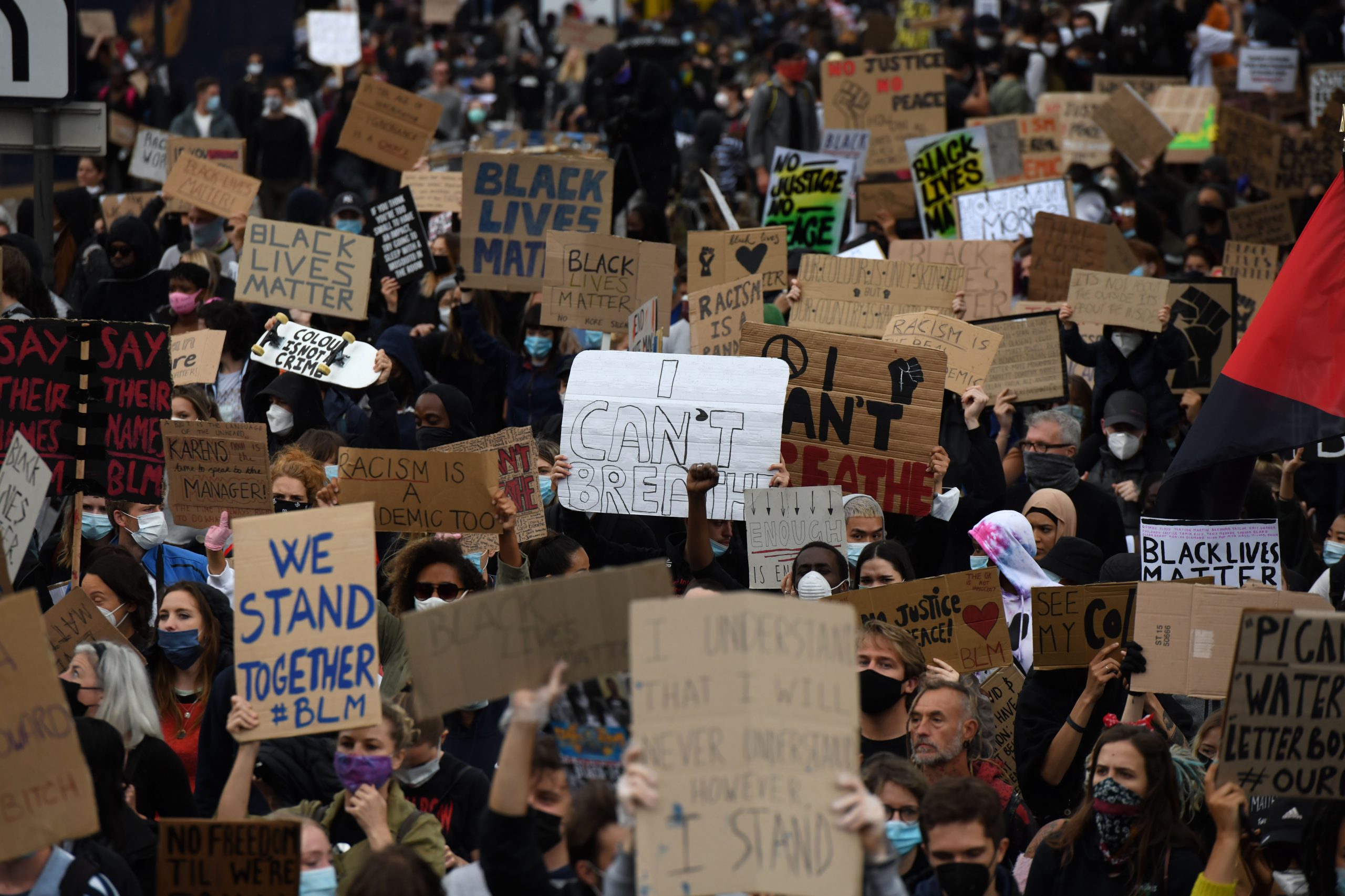
The Black Lives Matter protests taking place across the UK following the death of George Floyd have shone a spotlight on the systemic racial inequalities in our society. As a liberal, equality lies at the heart of my values. This movement reminds us that as a society we have a long way to go. This is not just about police brutality, it’s about entrenched economic disadvantages and social prejudices that make it harder for many people from a black and ethnic minority background to succeed. We now need to harness the energy and passion shown by the peaceful majority of protestors to drive long-term change and build a fairer society, in which opportunity for all is a reality and not just a buzzword.
One of the biggest issues facing BAME communities is continued inequality in the workplace. So with this in mind, I have written to business lobby groups the CBI and British Retail Consortium (BRC), as well as the Trades Union Congress (TUC) to help draw up legislation that would require companies with 250 or more employees to publish their ethnicity pay gap. My proposed bill would build on laws that already make firms of this size publish their gender pay gaps. I want to get employers and employees round the table and together craft legislation that could help tackle this issue once and for all. My bill has a greater chance of success than previous attempts, due to bringing all these groups together to create a bill that employers and employees can support.



